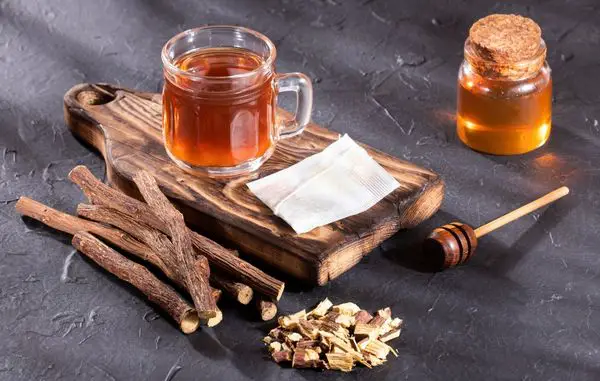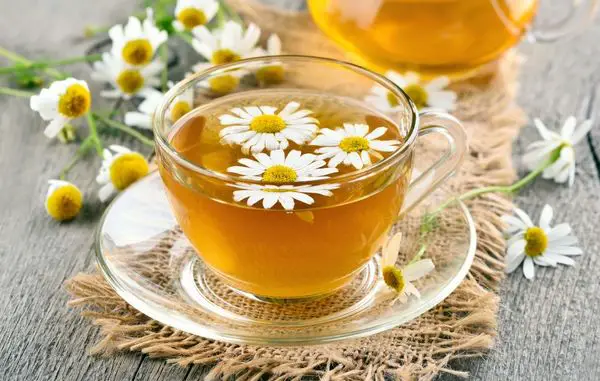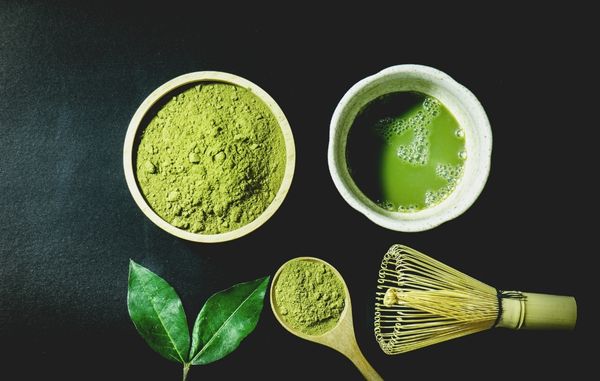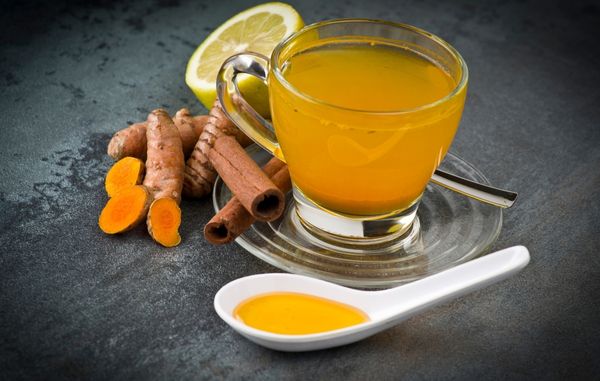If you have continuous pain in your stomach along with feelings of nausea and heartburn, you might be suffering from gastritis. It is a condition where the lining of the stomach becomes inflamed, causing discomfort and potentially leading to other digestive problems. Some of the common symptoms include stomach pain, nausea, bloating, and loss of appetite.
In most cases, gastritis is a result of certain bacterial and viral infections in the stomach. In some cases, it can also be a symptom of a more serious underlying condition such as an autoimmune disease or stomach ulcer. However, you may not know but your diet plays a significant role in its development as well.
Some specific ways in which diet can contribute to the development of gastritis include;
- Eating spicy or fatty foods: Spicy and fatty foods can increase stomach acid production, leading to inflammation and irritation of the stomach lining.
- Eating large meals: Consuming large meals can cause the stomach to produce more acid than necessary, leading to irritation and inflammation of the stomach lining.
- Skipping meals: Going long periods without eating can cause the stomach to produce more acid than necessary, leading to irritation and inflammation of the stomach lining.
Besides these, some secondary dietary factors include;
- Consuming too much alcohol: Excessive alcohol consumption can irritate and inflame the stomach lining, leading to gastritis.
- Consuming non-steroidal anti-inflammatory drugs (NSAIDs) frequently: The regular use of NSAIDs such as ibuprofen and aspirin can irritate and inflame the stomach lining, leading to gastritis.
Therefore, a balanced diet that is low in fat and spice, and avoiding triggers like excessive alcohol consumption and frequent use of NSAIDs can help prevent the development of gastritis.
Now that we are talking about diet, how about digging into some more details?
6 Best Teas to Cure Gastritis
You may be surprised to read this but your diet isn’t only the cause but a magic cure also. How? Here it is.
Have you ever heard about the magic of herbal teas?
Well, there are many herbs, which when boiled in water, give amazing teas to soothe your stomach.
Here we have a list of the best teas for gastritis and how they contribute to its cure.
So, without any delay, let’s get to them.
Ginger tea

Ginger tea works for gastritis due to its anti-inflammatory properties. Ginger contains compounds such as gingerols and shogaols that have been shown to have anti-inflammatory effects on the body[1]https://www.frontiersin.org/articles/10.3389/fnut.2022.809621/full#:~:text=Ginger%20contains%20diverse%20bioactive%20compounds,oxidative%20stress%20in%20neurodegenerative%20diseases.. This can help to soothe the digestive system and reduce inflammation in the stomach lining, thereby reducing the symptoms of gastritis such as stomach pain, nausea, and bloating.
In addition, ginger has been shown to have a calming effect on the digestive system and can help to reduce stomach acid production, which can be beneficial for those with gastritis who have too much stomach acid. The combination of these properties makes ginger tea a natural and effective way to manage the symptoms of gastritis.
The best part is that you don’t have to do a lot of effort to enjoy all these benefits. Simply, peel and grate the ginger root. You can use a grater or a ginger peeler to do this. Boil water in a pot. Once the water reaches a boil, add the grated ginger to the pot. Let the ginger steep in the boiling water for about 10 minutes. Strain the tea into a cup using a fine mesh strainer and sweeten the tea with honey or lemon. You can also add other ingredients like cinnamon or cardamom to enhance the flavor.
Peppermint tea

Peppermint contains menthol which has a calming effect on the stomach and reduces symptoms such as bloating, indigestion, and nausea. In addition, peppermint has antispasmodic properties, which can help to relax the muscles in the digestive tract and relieve cramping. This can help to reduce the discomfort associated with gastritis.
Furthermore, peppermint has been shown to have a beneficial effect on the digestive system, helping to stimulate the production of bile and digestive juices, which can aid in digestion and reduce symptoms of indigestion.
Here is a simple recipe for making peppermint tea
- Fill a pot with water and bring it to a boil.
- While the water is heating up, prepare the peppermint leaves by either picking a handful of fresh leaves from a peppermint plant or measuring out about 1-2 teaspoons of dried peppermint leaves.
- Once the water reaches a boil, add the peppermint leaves to the pot and let them steep for about 5 minutes.
- Strain the tea into a cup using a fine mesh strainer and sweeten it with honey or lemon, if desired.
It is best to consult a healthcare professional before using peppermint tea to treat gastritis.
Licorice tea

Licorice tea works for gastritis due to its anti-inflammatory and mucosal-protective properties. Licorice contains compounds such as glycyrrhizic acid and carbenoxolone that have been shown to have anti-inflammatory effects on the digestive system[2]https://www.ncbi.nlm.nih.gov/pmc/articles/PMC7167772/. This can help to soothe the stomach lining and reduce inflammation in the case of gastritis.
In addition, licorice has been shown to have a protective effect on the mucosal lining of the stomach, helping to form a barrier that can prevent the erosion of the stomach lining caused by digestive acids. Also, it helps in the production of digestive juices and bile, which can aid in digestion and reduce symptoms of indigestion.
- To enjoy these benefits, all you need to do is to prepare the licorice root by either using 1-2 teaspoons of cut licorice root or a few slices of dried licorice root.
- Fill a pot with water and bring it to a boil.
- Now, add the licorice root to the pot and let it steep for about 5-10 minutes.
- Strain the tea into a cup and enjoy your licorice tea while it’s still warm. You can sweeten it with honey if you want.
However, it is important to note, people with heart problems, high blood pressure, or other health conditions should avoid licorice, as it can interact with certain medications and worsen symptoms.
Chamomile tea

Chamomile has calming and soothing properties that help to relieve stomach discomfort, making it a great choice for those with gastritis. It contains compounds such as apigenin and bisabolol that have been shown to have anti-inflammatory effects on the digestive system[3]https://www.ncbi.nlm.nih.gov/pmc/articles/PMC2982259/. This can help to soothe the stomach lining and reduce inflammation in the case of gastritis.
In addition, chamomile has a calming effect on the digestive system, helping to reduce symptoms of anxiety, stress, and other digestive disorders, which can sometimes be triggers for gastritis. Chamomile tea has also been shown to have a relaxing effect on the muscles of the digestive tract, which can relieve cramping and reduce symptoms of bloating and indigestion.
The recipe for this magic tea is similar to the other ones as well. Simply, take 1-2 tablespoons of dried chamomile flowers and add them to boiling water. To enhance the taste, add lemon or honey and your tea is ready!
Green tea

Now comes the most popular of all, everybody’s favorite Green tea! It contains polyphenols that help reduce inflammation and protect the stomach lining, making it a good choice for those with gastritis.
In addition, green tea is a rich source of antioxidants, which can help to protect the cells of the body against damage caused by free radicals. This can help to reduce oxidative stress in the digestive system, which can sometimes contribute to the development of gastritis.
Furthermore, green tea has been shown to have a beneficial effect on the digestive system, helping to stimulate the production of digestive juices and bile, which can aid in digestion and reduce symptoms of indigestion.
Its recipe is super easy. Add some green tea leaves to the boiling water. You can add sugar, honey, or lemon if you want. And enjoy! Green tea is also said to work for weight loss. So, drinking it won’t disappoint you anyway.
Turmeric tea

Turmeric tea works great for gastritis due to its anti-inflammatory and antioxidant properties. Turmeric contains curcumin, which has been shown to have anti-inflammatory effects on the digestive system. This can help to soothe the stomach lining and reduce inflammation in the case of gastritis.
In addition, turmeric is a rich source of antioxidants, which can help to alleviate the damage caused by free radicals and reduce oxidative stress in the digestive system. Furthermore, turmeric has been shown to stimulate the production of digestive juices and bile, which can aid in digestion and reduce symptoms of indigestion. And the recipe is almost the same as well!
So, the next time you feel your stomach isn’t doing good, treat it with these herbal teas for a soothing effect. We bet you won’t regret it!
And not forget to take a look to: 7 days gastritis diet plan !!!
References
| ↑1 | https://www.frontiersin.org/articles/10.3389/fnut.2022.809621/full#:~:text=Ginger%20contains%20diverse%20bioactive%20compounds,oxidative%20stress%20in%20neurodegenerative%20diseases. |
|---|---|
| ↑2 | https://www.ncbi.nlm.nih.gov/pmc/articles/PMC7167772/ |
| ↑3 | https://www.ncbi.nlm.nih.gov/pmc/articles/PMC2982259/ |
